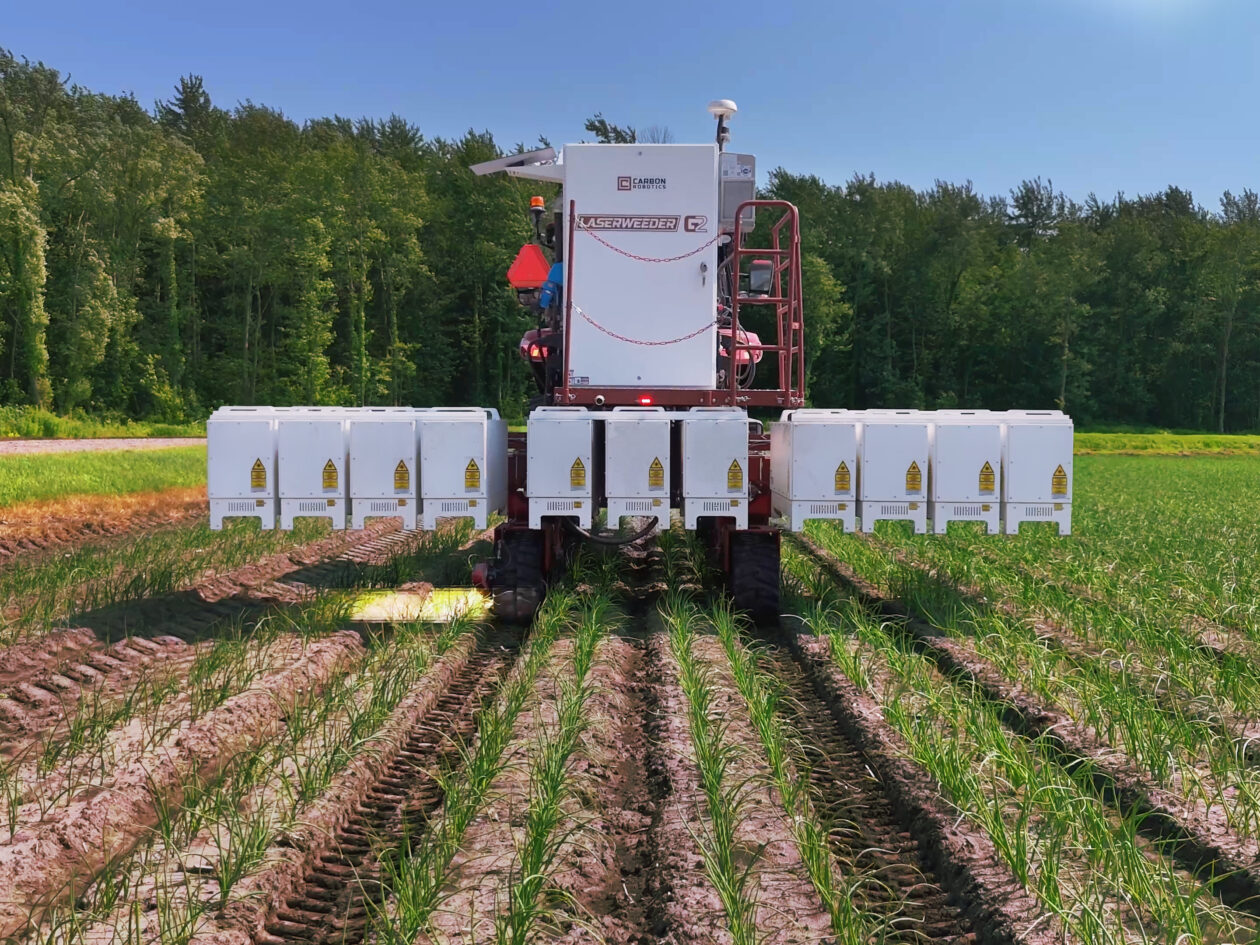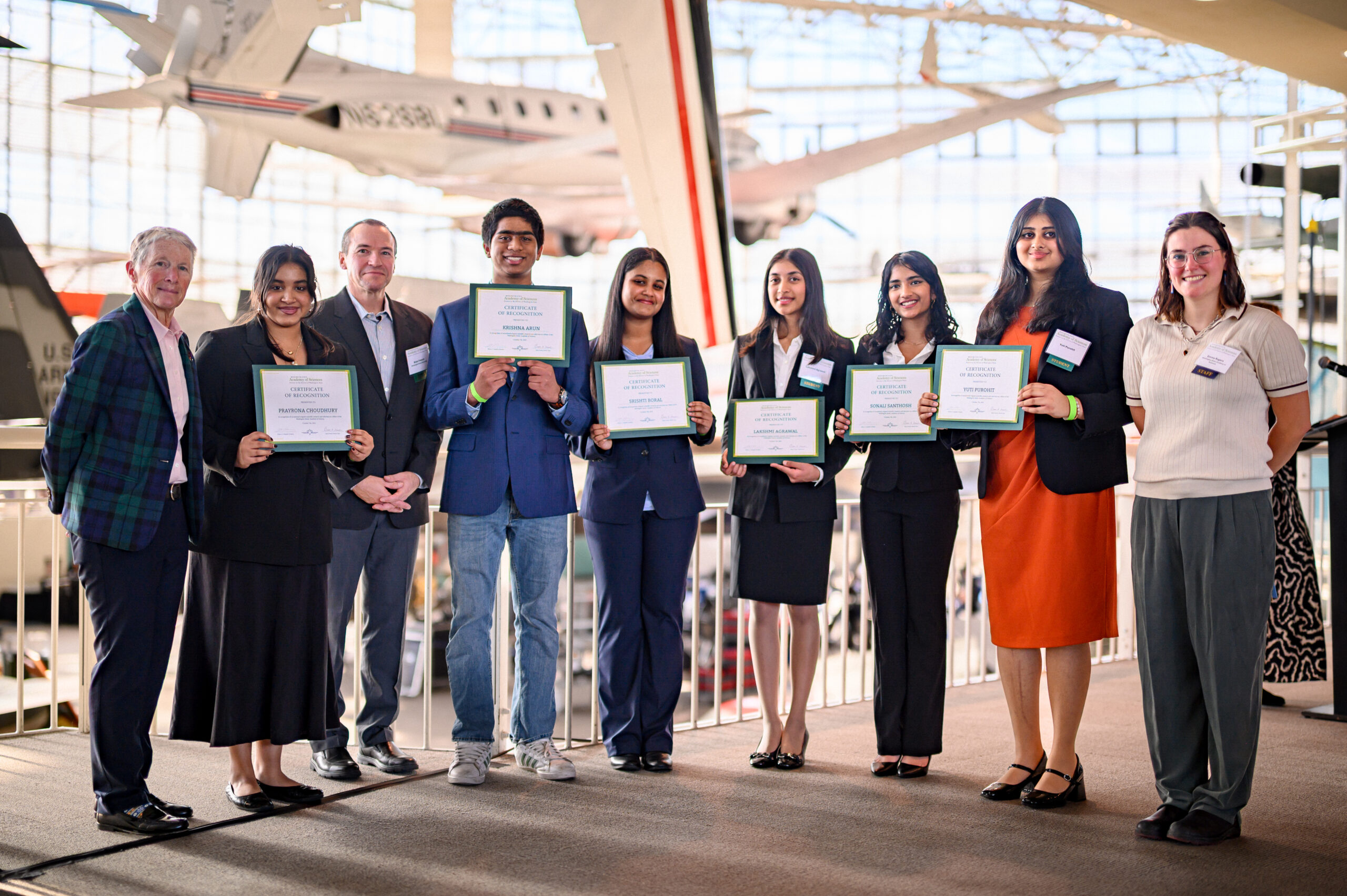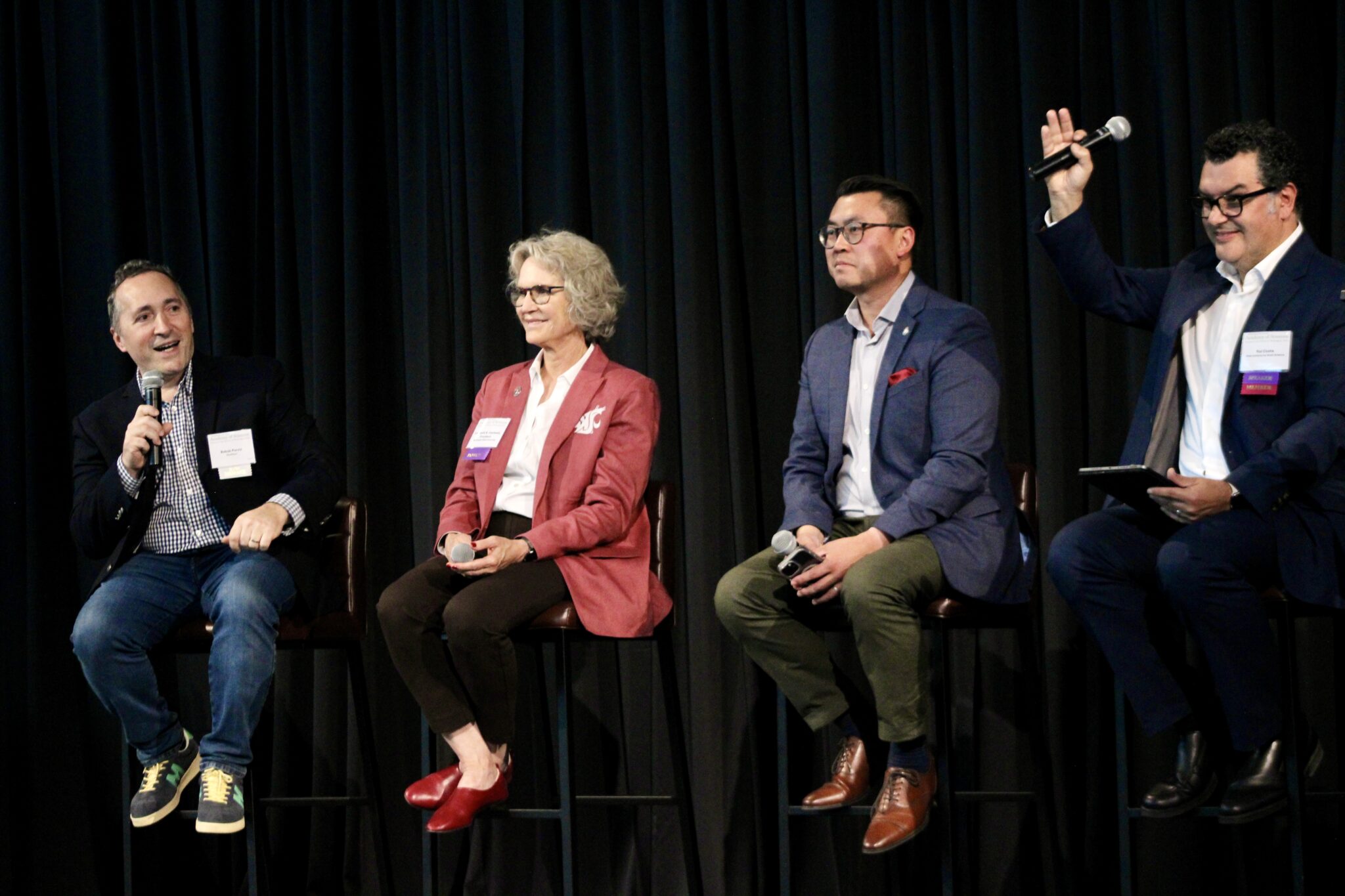
In May, the COVID-19 Steering Committee was convened to guide the WSAS contribution in response to challenges in Washington state that have resulted from the pandemic. WSAS has a distinct capability to facilitate effective scientific input on complex issues. As such, the focus is to develop activities that will mobilize interdisciplinary experts to engage with government and other public, nonprofit, philanthropic, and private sector stakeholders—now, as they face difficult decisions in the ongoing management of the pandemic, and in the future, as they contemplate lessons learned to improve preparedness and enhance resilience.
Supporting Local Decision-Making
In the short term, we will soon be launching a series of virtual discussion events to advance science-informed discourse around key issues in pandemic management and societal and economic recovery. These events will focus on decision-making needs identified by local community leaders across the state. The purpose is to facilitate access to available scientific information and to help interpret that information to arrive at integrated and locally relevant assessments. Designing these events will also serve to develop a replicable approach to engaging scientists and local leaders in dialog, building an infrastructure for WSAS to provide timely decision support about emerging issues through multidisciplinary scientific information, analysis, and perspectives.
Capturing Lessons for the Future
In the longer term, WSAS will strive to document lessons learned from the response to COVID-19 in order to enable Washington state to better prepare for and respond to future events. Activities to achieve this may start by drawing on diverse experts to comprehensively frame the issues, formulate the questions, and structure an assessment approach. This could be followed, for example, by public convenings to gather key perspectives and a consensus study to collect, analyze, synthesize, and communicate key lessons, making recommendations that could both help the ongoing, long-term recovery from this crisis and improve the response to future challenges of this magnitude.
Cultivating Relationships
We continue to stay in periodic communication with staff in both state and local government to understand their needs and what an effective role can be WSAS. Already, the development and prioritization of WSAS’s efforts have been informed by direct consultation with Governor Inslee’s policy office, the state Director of Agriculture, and former Governor Gregoire. We are also engaging in nongovernmental aspects of the response, for example as part of a stakeholder group convened by Challenge Seattle, an alliance led by Governor Gregoire that has emerged as the leader in coordinating a business sector response. At the national level, WSAS staff are leveraging relationships that enable a close connection to pandemic-related activities at the National Academies of Sciences, Engineering and Medicine, several of which also include WSAS members.
Engaging WSAS Members
In addition to the formally appointed Steering Committee, many of you have been contributing observations, ideas, and related activities and resources informally or through our member surveys. Please keep that input coming!
We had 31 responses to the most recent survey, which yielded many more topics, rich observations, and insightful perspectives than there is space to capture here. A few highlights from among the responses include observations in members’ local communities that there are challenges with vetting and interpretation of scientific information and understanding of risk, uncertainty about the future of the pandemic, and concerns about the adverse economic and social effects of the response. Some reflections from the lens of the professional communities of members who responded included not only many important scientific issues and questions in a wide range of disciplines, but also both concerns about short and long term effects on research and training as well as hopes in particular that a lasting change will be more interdisciplinary work. Members who responded have been actively engaged in the pandemic response in roles ranging from contributing scientific expertise to participating in workplace or community reopening planning to supporting local economies and volunteering in local community efforts.
We continue to build a roster of WSAS members who are interested and available to participate in WSAS COVID-19 activities. Many of you have already identified yourselves in our member surveys, and we will be following up with you. If others of you are interested in roles such as responding to media inquiries and/or participating in panels in your area of expertise, helping to facilitate science-informed discourse, or participating as a liaison for WSAS events that involve your local community, please let us know .
Funding WSAS COVID-19 Activities
WSAS is currently relying on internal financial resources to launch COVID-19 activities, while concurrently seeking funding from a variety of sources including grant opportunities and other forms of sponsorship as well as individual donors. If you have suggestions for avenues of funding we should consider, please let us know .
If you are able to contribute directly to the WSAS COVID-19 with a donation, you can do so online here. Thank for your support–any amount helps to ensure progress in developing this area of work for WSAS!
Related Posts
January 23, 2026
A new initiative from the Washington State Academy of Sciences called Growing with AI will bring together the state’s tech giants and diverse farming community to tackle pressing challenges in the agriculture industry.
October 28, 2025
WAJAS is a WSAS program recognizing exceptional high school students from across the state for outstanding original scientific research and offering opportunities to connect with the research community in Washington and beyond. Fellows were publicly honored alongside Washington's top researchers at the WSAS 20th Anniversary Celebration on October 7.
October 14, 2025
Amid political polarization and uncertain federal research policy, Washington leaders are betting on stability through a unique innovation ecosystem rooted in the state’s institutions and businesses. That was a theme at the 20th anniversary celebration of the Washington State Academy of Sciences, held Tuesday evening at Seattle’s Museum of Flight.


